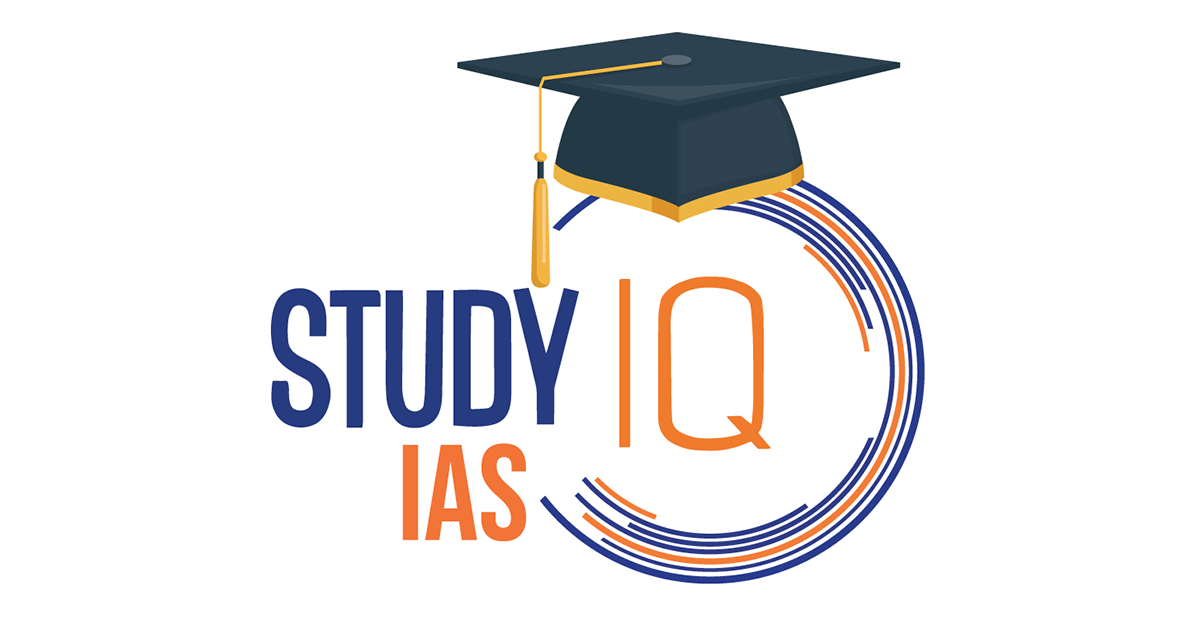Table of Contents
Findings of the OpenAI Study on AI in Education (India-specific)
Positive Findings
- Improved Learning Outcomes: Generative AI tools can make learning interactive and engaging (e.g., Socratic models), particularly for students with low academic interest or participation.
- AI-based systems can act as brainstorming and knowledge co-creation tools.
| Fact |
| Socratic Models of AI refer to a conceptual approach where AI systems engage in a conversational, question-and-answer-based methodology, akin to the Socratic method of teaching. |
- Enhanced Accessibility: Potential to democratize access to world-class educational resources, including for students in underprivileged areas and poorly equipped schools.
- Alternative to Social Media: AI tools provide productive alternatives for students’ screen time compared to platforms like Instagram.
- Digital and Evidence-Based Learning: AI tools promote a structured and evidence-based approach to education.
- They can help students articulate and refine their understanding through prompts and queries.
Negative Findings
- Perceived Risks to Critical Thinking: Indian policymakers highlighted that over-reliance on AI tools could hinder students’ critical thinking and problem-solving skills.
- Generative AI tools might provide instant answers, reducing the need for independent reasoning.
- Challenges in Assessment: Concerns over how to test students’ abilities if generative AI is used for completing assignments or exams.
- Shift in focus from testing students to testing machine intelligence.
- Biases in AI Outputs: Existing biases in datasets could lead to flawed or misleading AI outputs.
- Risk of students blindly accepting AI-generated responses without verification.
- Low AI Awareness: Limited understanding and usage of AI in India compared to other surveyed countries contributed to higher risk perception.
- Data Privacy and Appropriateness: Concerns over how data collected to train AI systems are sourced, especially in India’s context with significant informal sector contributions.
- Potential Misuse: Broader fears of AI misuse in education, similar to risks identified in other domains like job displacement and economic disruptions.
AI in Education for Students with Disabilities
- Assistive Technologies for Dyslexia: AI-powered tools, like chatbots and word prediction programs, help students with dyslexia spell, read, and comprehend text better.
- These tools make the learning process less daunting and help students keep up with their peers.
| Fact |
| Dyslexia is a learning disability that makes it difficult to read, write, and spell. |
- Support for Visual and Hearing Impairments: Computer-generated voices are becoming more natural and can read passages for visually impaired and dyslexic students.
- AI tools also assist in speech-to-text conversions, making learning accessible for hearing-impaired students.
- Task Simplification: AI tools can summarize complicated information into simpler forms, such as creating outlines or translating complex language into plain English (e.g. Shakespeare Poems).
- These features help students understand and engage with learning materials more easily.
- Personalized Learning: AI adapts to the unique needs of each student, providing tailored support for their disabilities.
- This approach helps students learn at their own pace and address specific challenges.
- Reducing Stigma and Encouraging Participation: By enabling students to perform tasks effectively, AI fosters a sense of accomplishment and helps them integrate better with their classmates.
- AI ensures students feel capable rather than left out.
| Indian Government Initiatives in Promoting Usage of AI for Educational Purposes |
|
Future Directions
- Optimism for Change: Experts argued that risks in India are overstated and that increased adoption and familiarity with AI would reduce these perceptions over time.
- Policy and Regulation Needs: Emphasis on thoughtful guardrails to ensure AI tools remain accurate, unbiased, and student-friendly.
- Potential for Global Expertise: Future AI systems could simulate teaching styles of intellectuals like Einstein or Aristotle, enabling students to interact with “genius teacher avatars.


 Comprehensive Remote Sensing Observation...
Comprehensive Remote Sensing Observation...
 Perovskite Solar Cells, Objective and Ch...
Perovskite Solar Cells, Objective and Ch...
 Navy-Marine Expeditionary Ship Interdict...
Navy-Marine Expeditionary Ship Interdict...





















